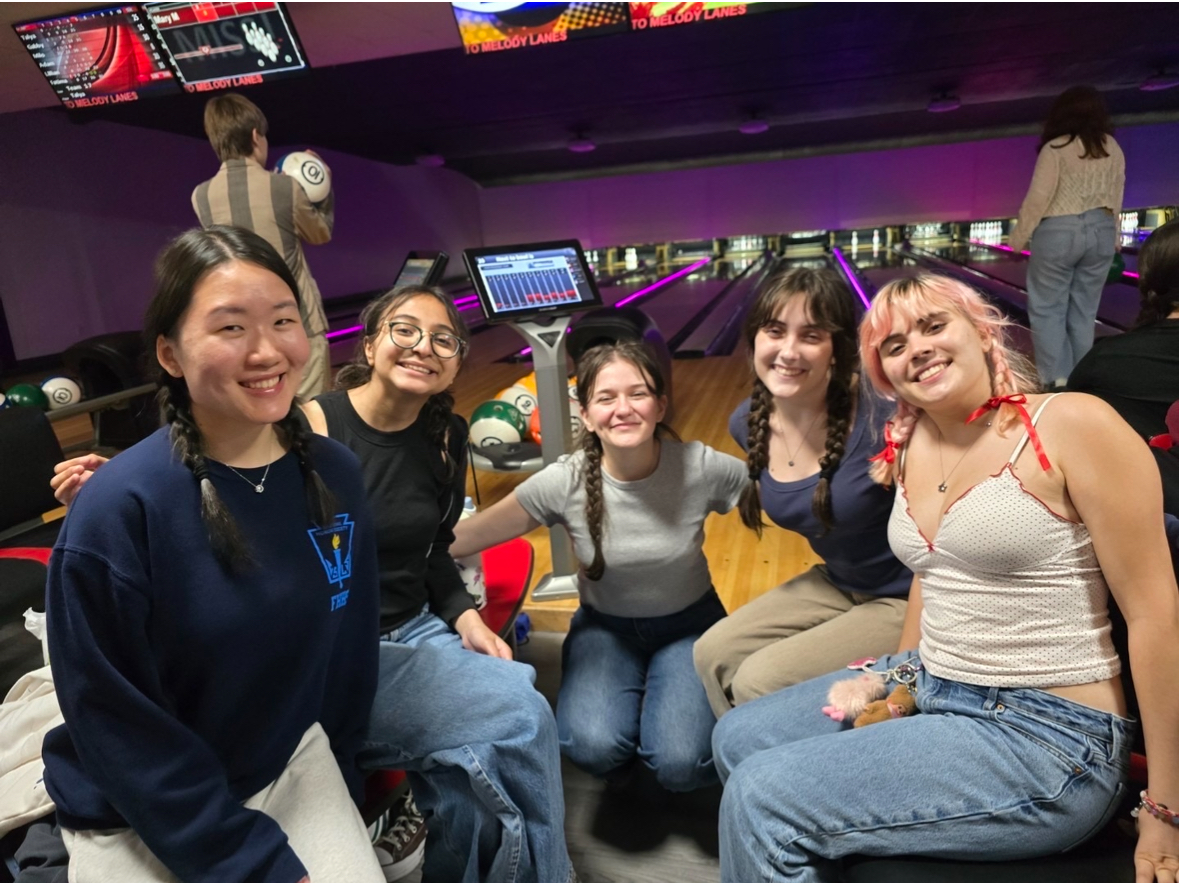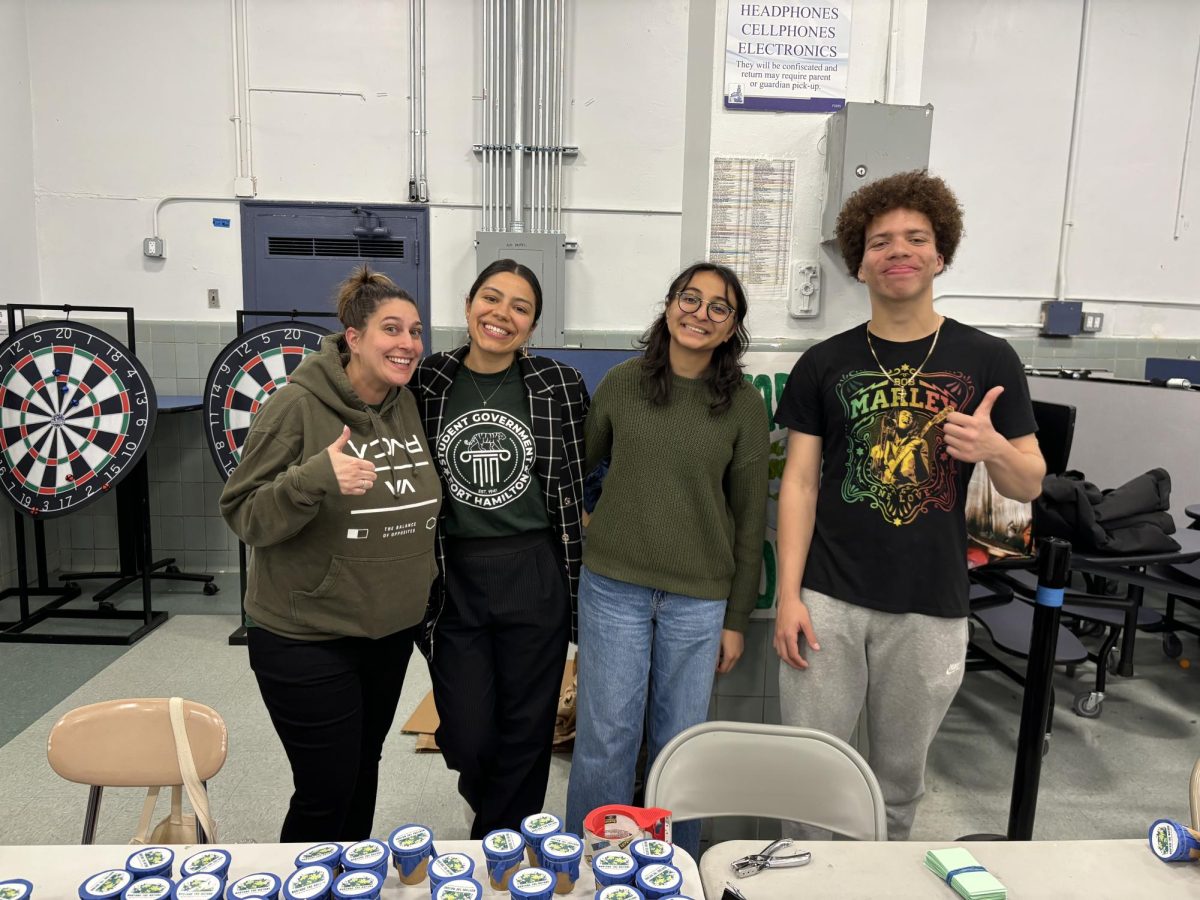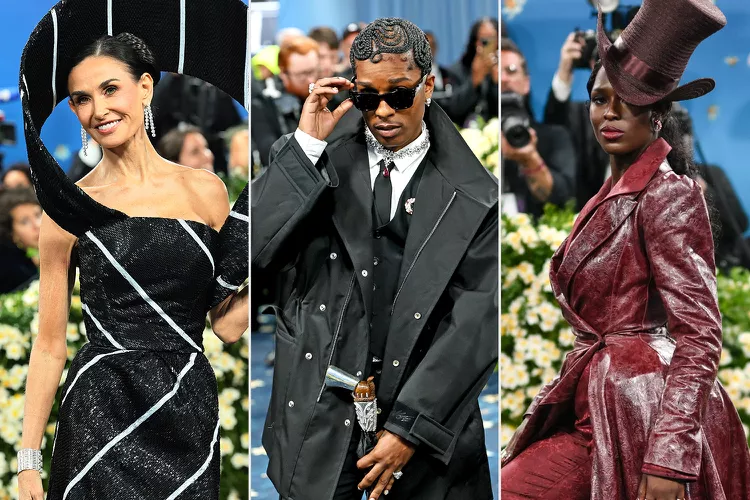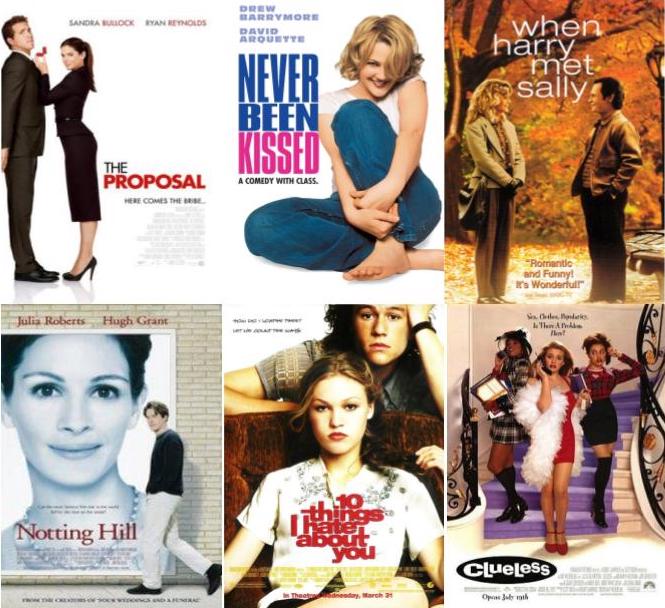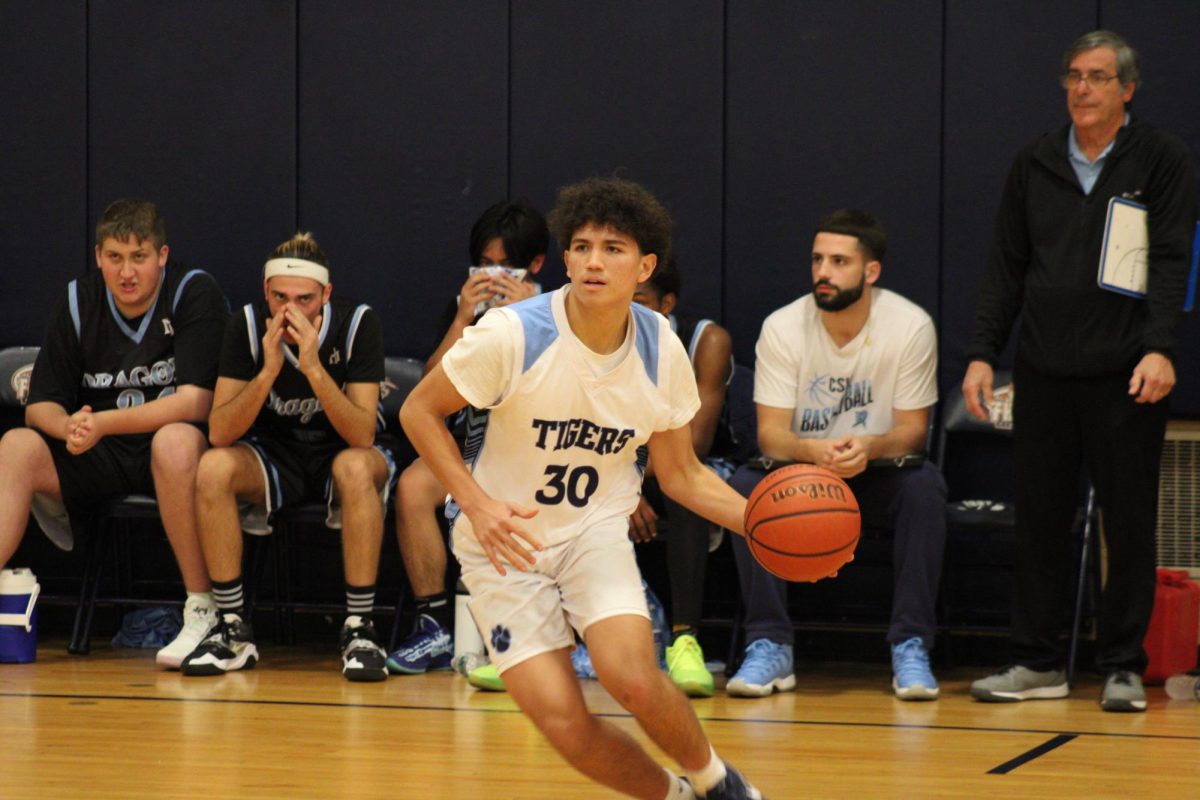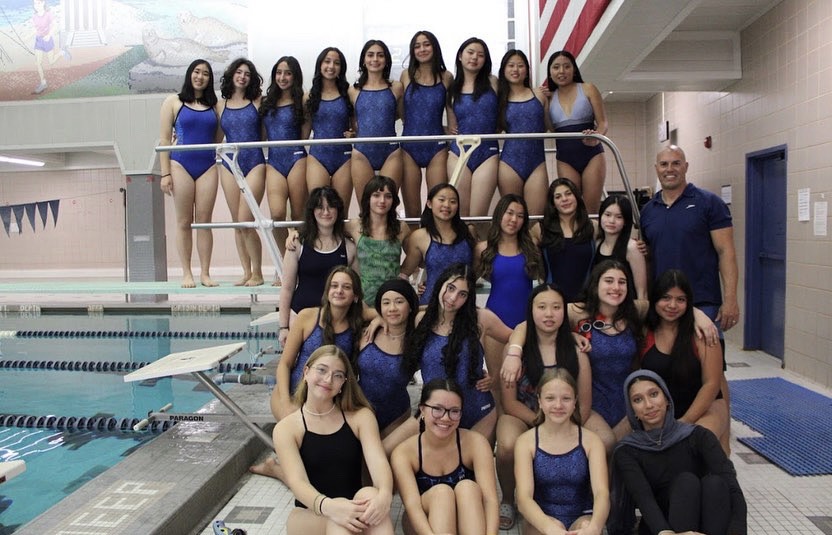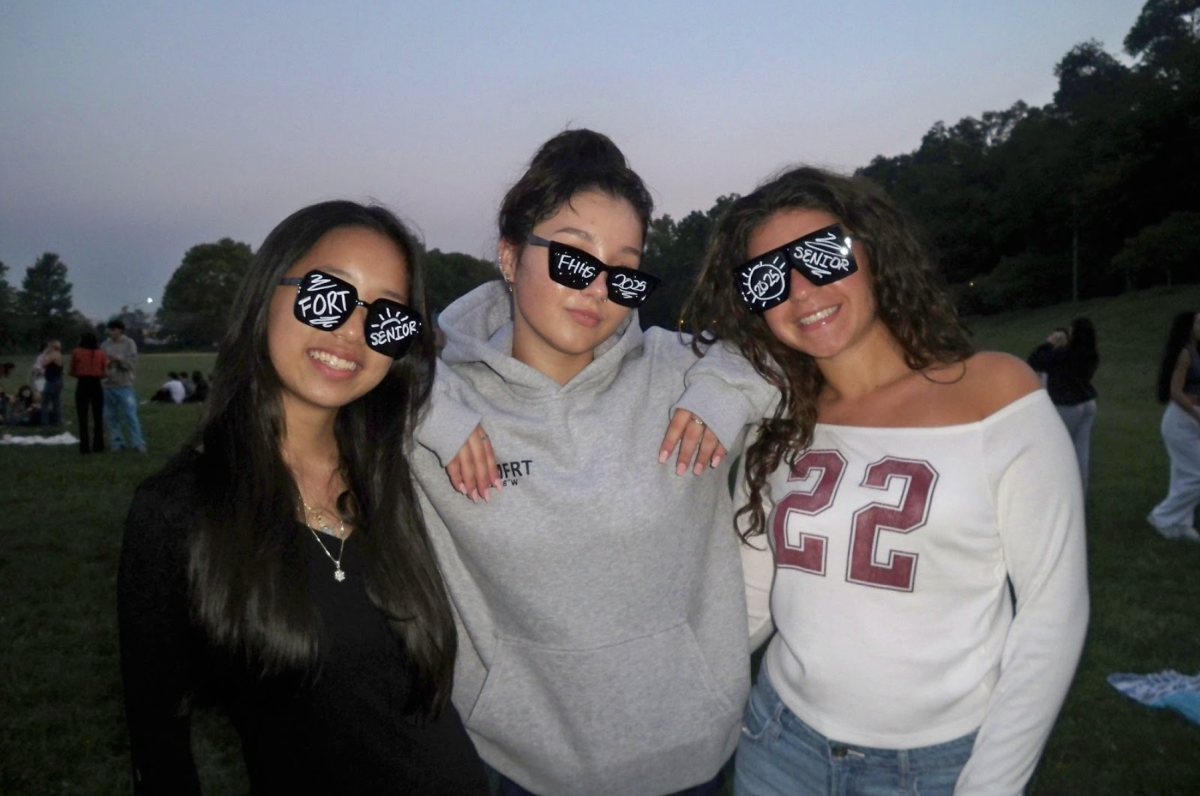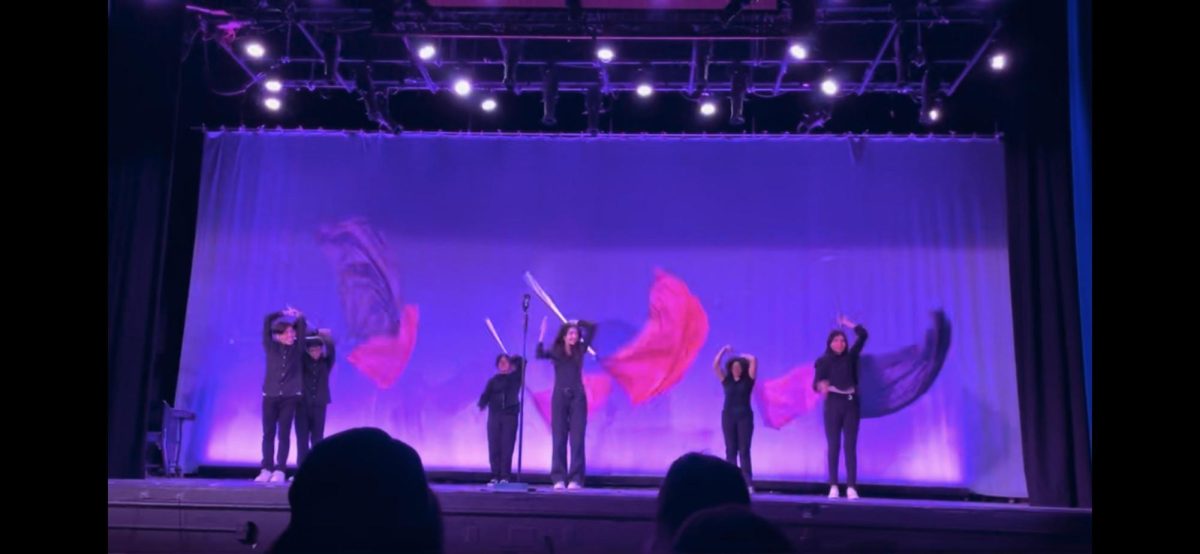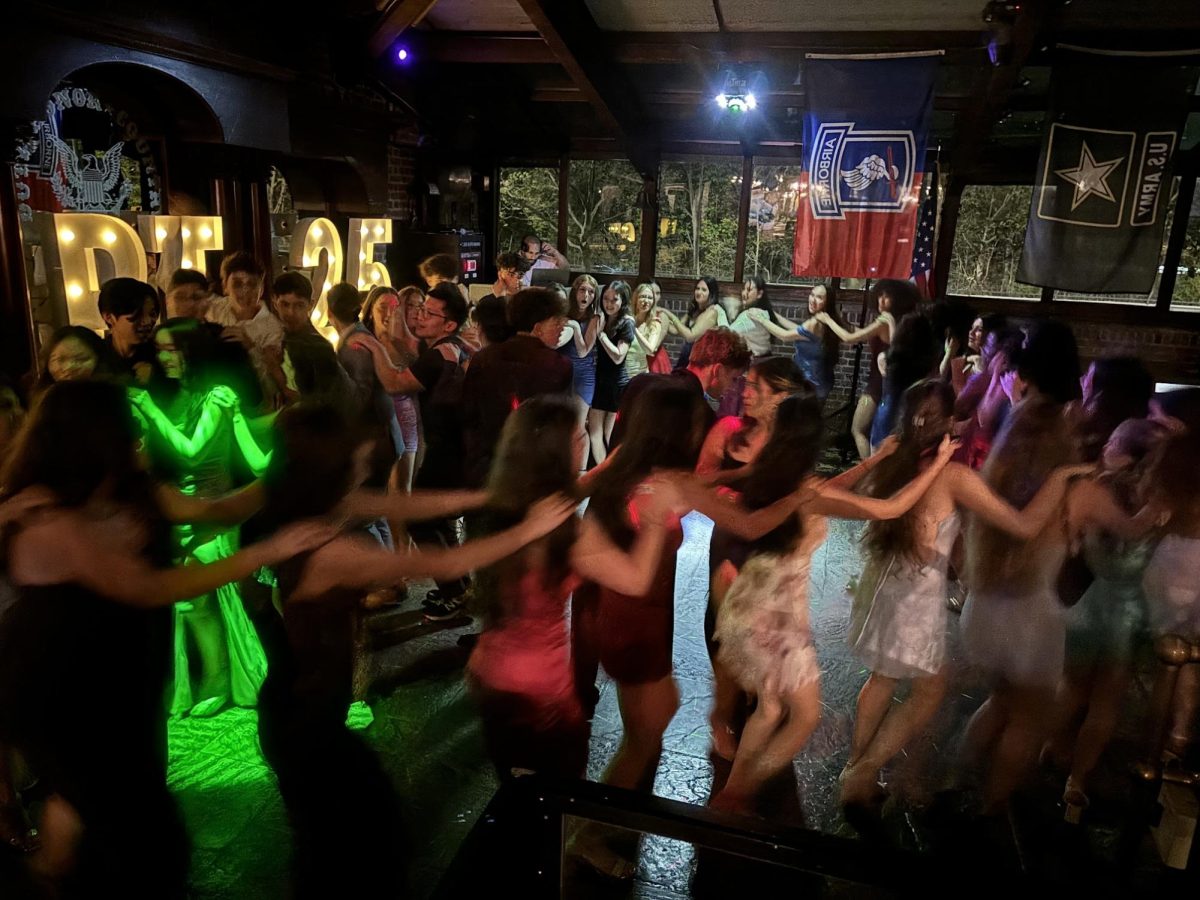On Feb 8, 2024, the Black Student Union held another event celebrating Black History through student performances. The performance focused on Black culture from the 1990s. Various diverse acts were featured, including flag performances, orchestral performances, dance, and spoken word. The process for planning the event involved the coordination of various teachers, such as Ms. Brown and Ms. Henry, the advisors for the Black Student Union; Ms. West, who was in charge of the jazz section; and Ms. Martinez-George, who was in charge of the chorus and soloists.
Numerous students also coordinated sections, including Mariarosa Sessa, who coordinated the orchestra section, and Akilah Cole, who was in charge of coordinating the poetry and flute dance. Kelis Caesar, head of the Black Student Union, added that, for many students, this was their first time being a part of the performance. In spite of this, she said, many students were still jumping at the opportunity to perform and were immensely enthusiastic. That enthusiasm was reflected in the performances.
“I think that I can say the most powerful and interesting [part of the event] was the spoken word dance performance by Jada,” Caesar told The Pilot. “I absolutely love Maya Angelou and I think it was such an intriguing twist on dance and movement. It was absolutely beautiful. I loved the yellow background. I feel like it went perfectly with the message of ‘Still I Rise.’”
This performance was especially powerful given the actions taken by various states to limit the teaching of Black history in schools. Notably, within Florida, many have denounced steps taken by Governor Ron DeSantis to limit discussions surrounding slavery and other aspects of historical racism in school settings. DeSantis has instituted a new curriculum that suggests the treatment of enslaved Black Americans offered them an opportunity to gain skills that “could be applied for their personal benefit.”
This has also been seen through the implementation within various states of limitations on teaching “critical race theory,” which in the eyes of many historians, defangs much-needed conversations about the subtle ways racism continues to manifest in America’s institutions and practices. According to Professor Kimberle Crenshaw, a law professor at Columbia Law and the woman credited for coining the term “critical race theory,” “The rhetoric [on banning ‘Critical Race Theory’ in schools] allows for racial equity laws, demands, and movements to be framed as aggression and discrimination against white people.”
Given the concerted and organized backlash against efforts to teach about anti-Black racism, many students and faculty feel that opportunities to celebrate Black history and artistry are needed now more than ever.
“All of the performers genuinely wanted to be a part of it, which meant so much to me. Everyone we asked to be involved was excited and didn’t feel like it was a chore,” Caesar said.
The success of this event (and others like it) has the Black Student Union looking forward to planning more events like this for the Fort community.

